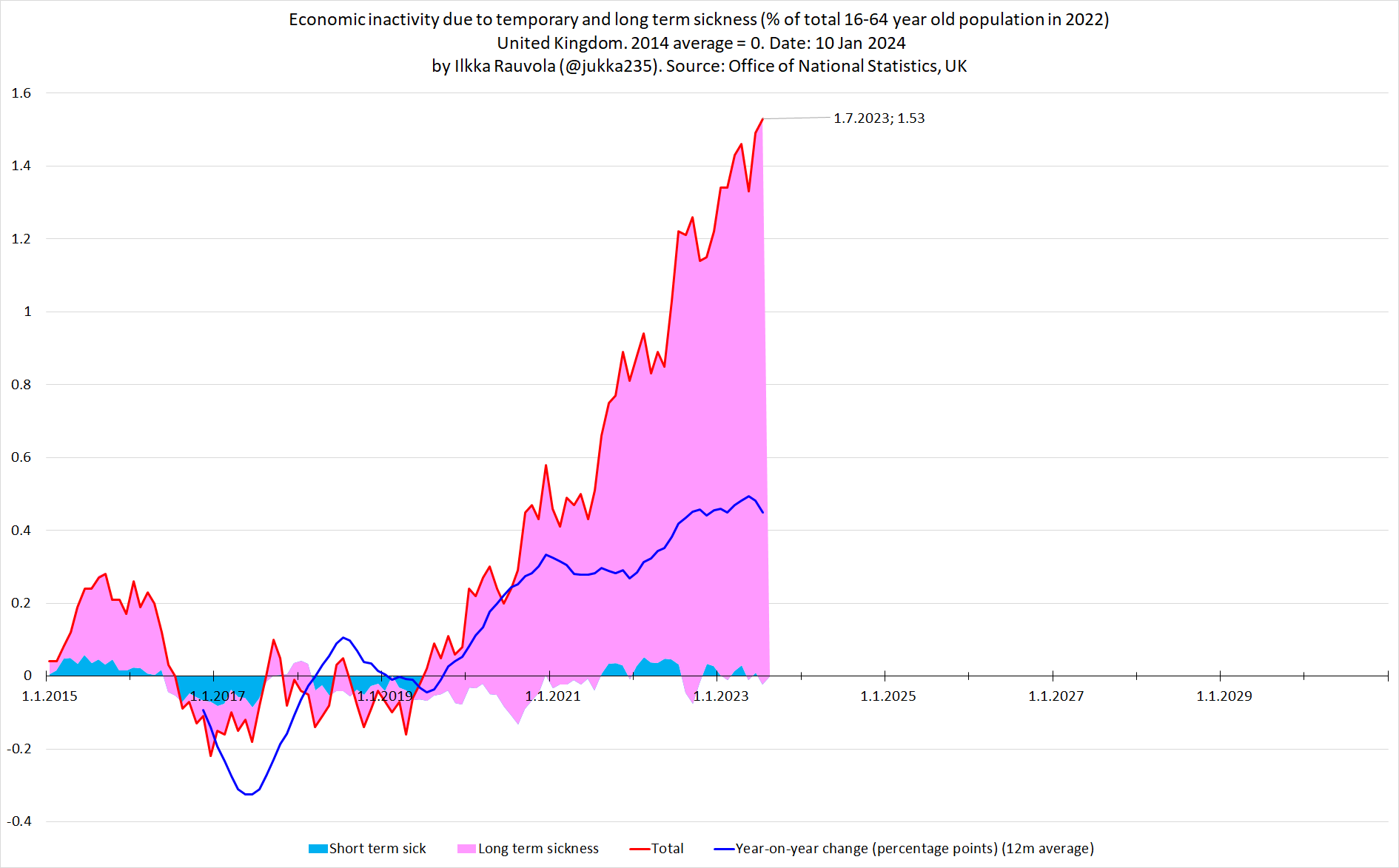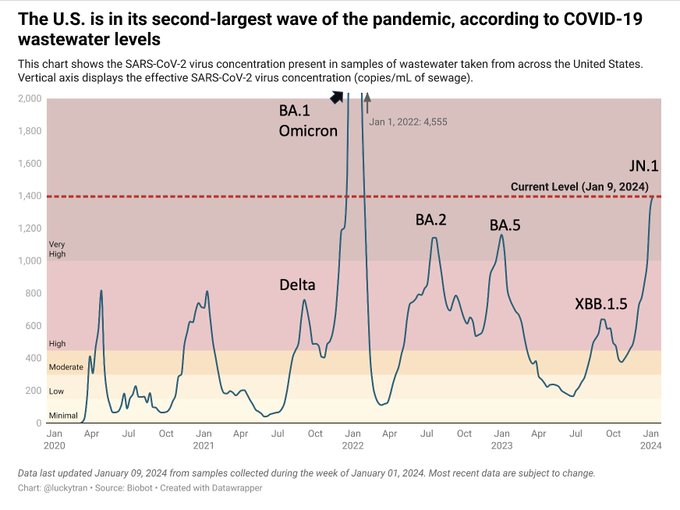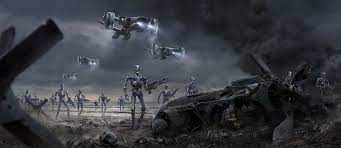I’m going to keep this one brief.
At the start, Covid could have been stopped with travel bans, track and trace, mandatory isolation and lockdowns.
The problem with how everyone did lockdowns is that they did them too late. Instead of starting lockdowns when hardly anyone had Covid BUT R was over 0 (one case of Covid was spreading to more than one person) they would wait until the numbers were high. As a result lockdowns were long, but never actually crushed Covid and over time support for lockdowns was lost.
But the real problem is that controlling Covid spread required travel bans. Western Australia, which controlled Covid almost completely for over a year, did so by shutting down all non-essential travel. If this had been done worldwide, Covid could have been ended early.
I remember that the first lockdown where I live in Canada happened two weeks after I expected it. I kept looking at the numbers and wondering why weren’t in lockdown already. The only people wearing masks were asian-Canadians. All through the pandemic lockdowns happened three to four weeks after they should have, based on the numbers.
Vaccines were oversold (I’m not getting into the rest of the vaccine debate), economic support of businesses and often individuals in countries was insufficient and organizations like WHO and the CDC bungled their advice over and over again, starting with first claiming people shouldn’t wear masks and then later saying that Covid wasn’t airborne, but was spread by droplets.
The large country which handled Covid best may have been China, with their zero Covid policy. (Which I praised at the time), but they did the right thing stupid: zero-Covid could never continue indefinitely and even when it was done much of it was not done intelligently, like not moving to n95 masks. Most importantly, though, there had to be a transition plan.
China is the premier world industrial power. Covid is airborne. The trifecta of proper ventilation, cleaning air with HEPA filters, and UV light, along with air quality monitors, can be used, should be used and should have been used to make buildings safe again. (In China’s case they also needed to improve their plumbing. Most Chinese buildings don’t have the U curve (P-Trap) which traps smells and gasses.)
So the correct plan is to put air quality monitors everywhere, and to refit all buildings with proper ventilation: air filtration and UV light. Entirely do-able, if a big project. When you put all this in, and your building is inspected, your workers can come back to work even during outbreaks.
China could have done this easiest of all the world’s countries and didn’t.
Now, this is a collective action problem. It requires a correct diagnosis of a problem, a correct prescription of the cure, then taking unified social action. In other words, Covid is:
- Airborne
- Therefore we need to clean the air
- So let’s mass produce the necessary filters, ventilation, sensors and UV and then install them.
Every society failed this.
Now if we can’t do that, what are the odds of us tackling climate change or environmental collapse? Those problems require us to reduce our consumption significantly (possible to do without large hits to standards of living, but that’s another article), which will require us to revamp our economies away from capitalist consumption and figure out how to keep everything running without an economy of planned obsolesence and everyone running on hampster wheels working, buying, selling and dying.
The transition is a hard problem to manage, while Covid was a simple problem with very few moving parts. We couldn’t even manage Covid.
Covid was a test. We failed. We can pass any time we want, its still a solvable problem. Until we do pass the test, there is zero reason to believe we can pass any harder tests.
Some countries did better than others, but none passed the test. When you’re running from a fire it doesn’t matter if you run faster than everyone else if you don’t out-run the fire.
The fundraiser ended as a success, albeit just scraping in. My thanks to everyone who gave: I am extraordinarily grateful and I don’t take your generosity for granted. Chapters will resume when there are breaks in more timely articles and you can expect to read a longer article on the Medieval University crisis.




 Meanwhile the Yemenis live in a mountainous country and their missiles are all mobile. It is impossible to take them out just with naval power: boots on the ground are necessary: a full invasion and occupation, in fact and that just isn’t happening: the US might be able to do it by going all out, but it would have nothing left for anywhere else.
Meanwhile the Yemenis live in a mountainous country and their missiles are all mobile. It is impossible to take them out just with naval power: boots on the ground are necessary: a full invasion and occupation, in fact and that just isn’t happening: the US might be able to do it by going all out, but it would have nothing left for anywhere else.